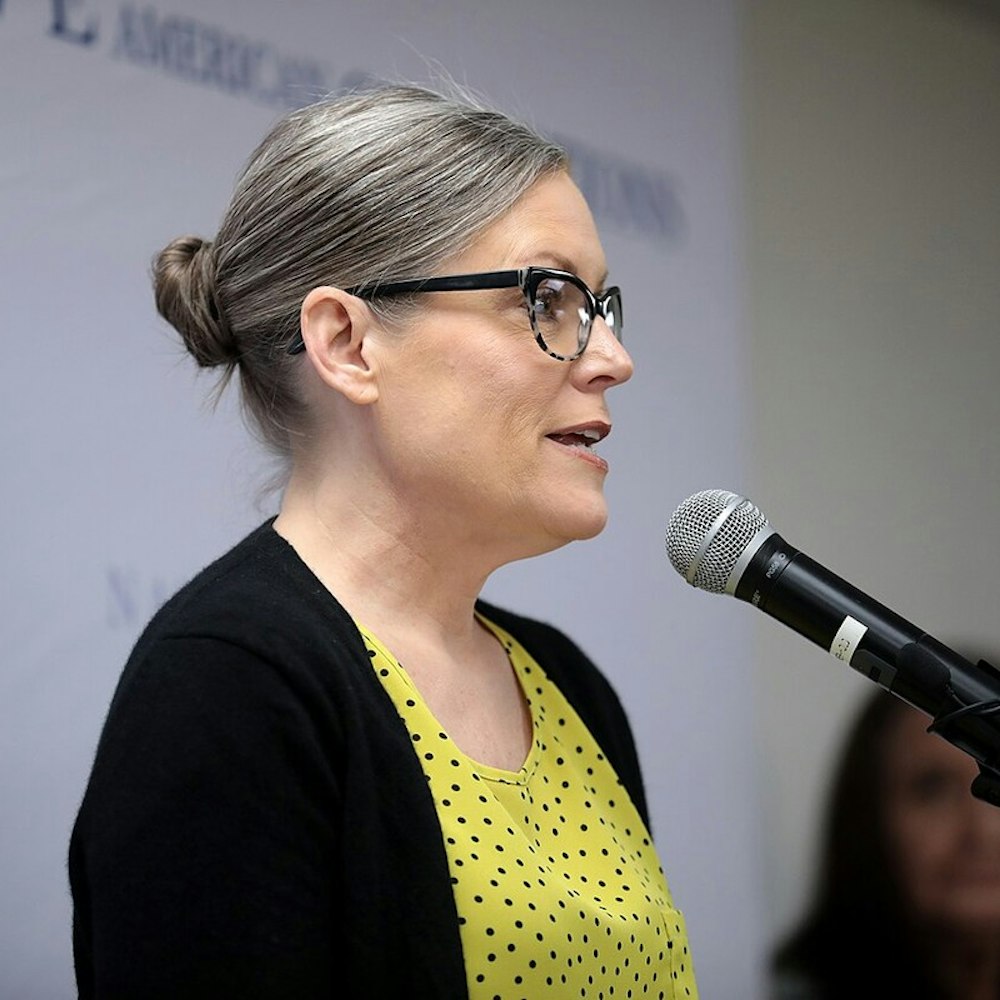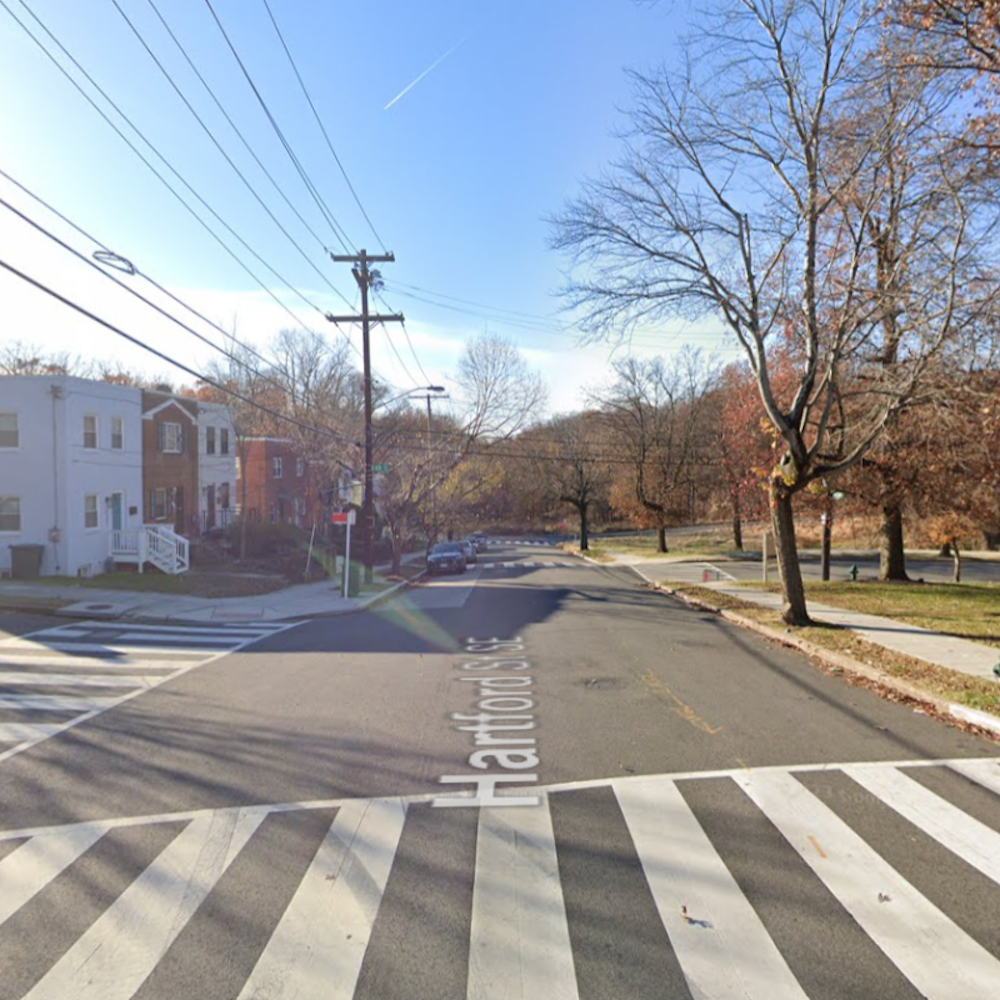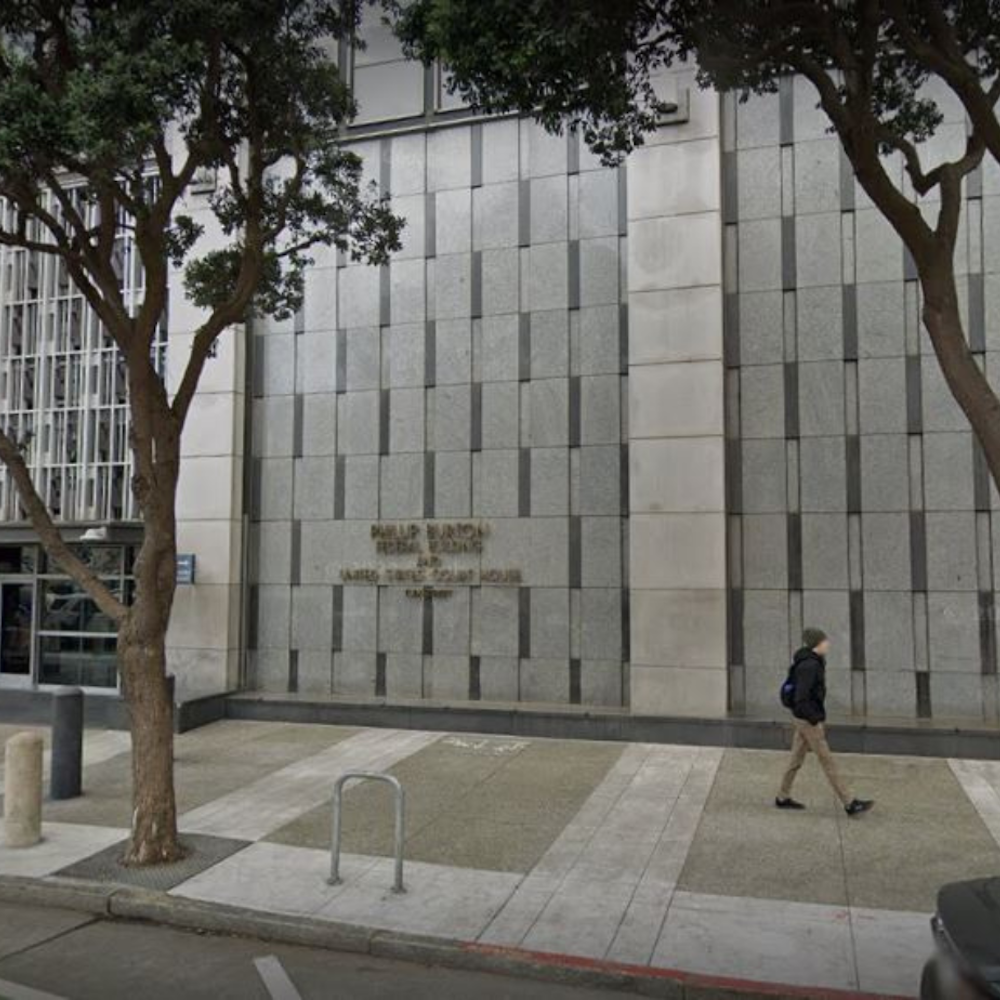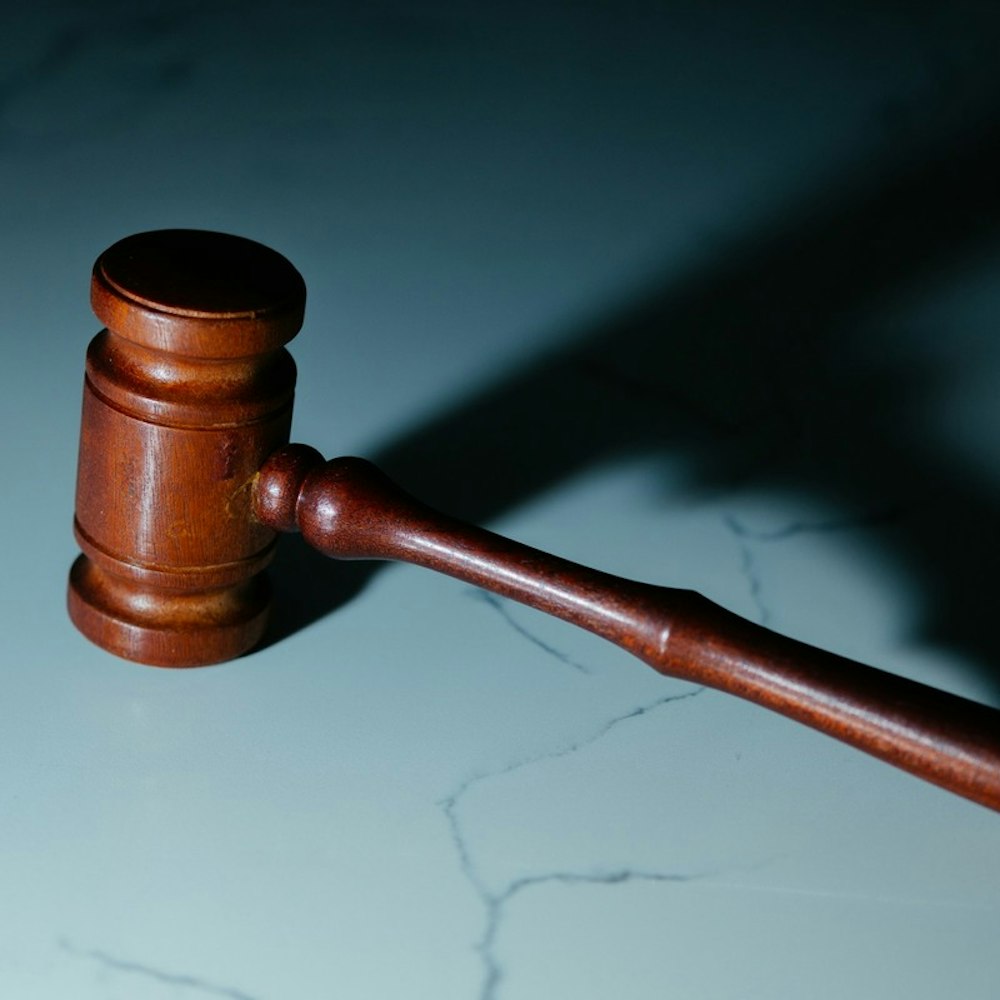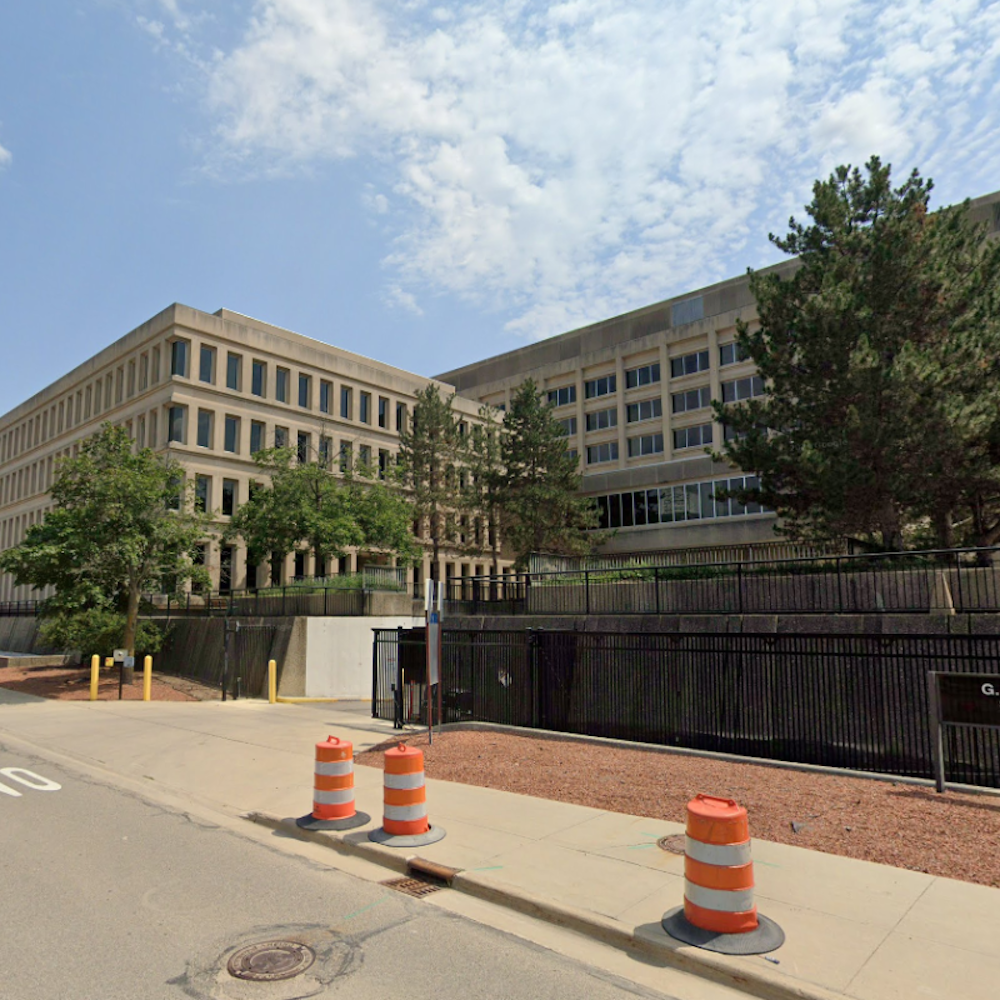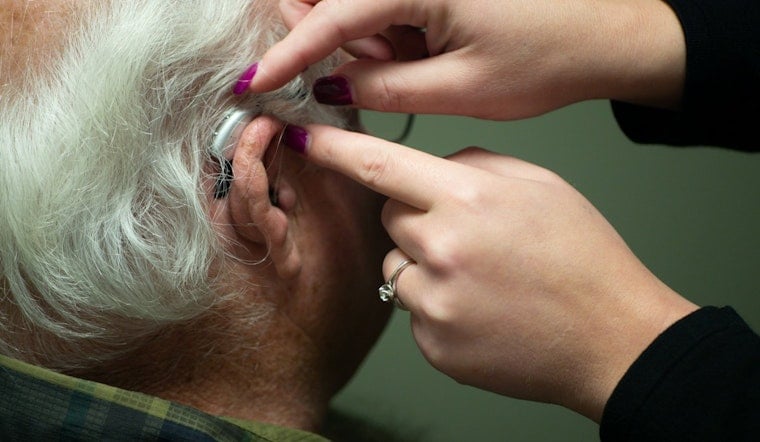
The gradual decline in hearing as we age is more complex than merely turning down a volume knob. This much we learned from the University of Minnesota's Professor Matthew Winn, who specializes in speech, language, and hearing science. Winn outlined how age-related hearing loss tends to blur sounds similar to how a smudged lens affects a photograph's clarity. According to him, "For someone with age-related hearing loss, no matter how loud the volume is, the sound will be a little blurry and they’ll have a hard time telling one sound from another."
For those over sixty-five in Minnesota, one-third reportedly have hearing loss that significantly impacts their lives. Winn emphasizes that the issue at hand isn't just an inability to hear softer sounds, but it's also the challenge to distinctly separate simultaneous noises. As we age, Winn explains, "We start to lose the ability to separate voices as we age, and they blend together into a tangled mess." This can make engaging in conversations in lively environments or understanding a melody in music difficult.
But it's not all doom and gloom. Winn pointed out that various technological tools are available to assist those with hearing loss. "For the most common type of hearing loss, hearing aids are the best option," he stated. These devices have been finely tuned to enhance specific frequencies while preventing sounds from becoming overbearing. Furthermore, for more extreme cases of hearing loss, cochlear implants may be considered, though this involves a more complex decision-making process and surgical procedures.
The impacts of hearing loss extend beyond mere inconvenience; it can profoundly affect overall health. "People with hearing loss are more likely to take sick leave, experience anxiety, need extra time to recover after work, and retire early because of the strain of listening," Winn told the University of Minnesota. Loneliness and an increased risk for dementia are additional threats that loom for those to suffer from hearing decline. Aging individuals might not even perceive the gradual withdrawal from social situations that exacerbates these risks.
Winn's team is diligently working to quantify the struggles that come with hearing loss. More specifically, they're measuring listening effort through observing changes in pupil dilation, which indicates when the brain is working harder to process sound. "Our research is about that situation and the factors that make it better or worse," Winn remarked. He urges the importance of regular hearing evaluations by an audiologist for older adults to help navigate and mitigate hearing challenges.
Resources for Minnesota's aging population dealing with hearing loss are readily available and Winn suggests taking advantage of community groups like the Hearing Loss Association of America's Twin Cities chapter, as well as books and blogs written by those with hearing loss themselves. With such support networks and the latest research from professionals like Winn and his team, the sounds of life need not fade quietly into the background for Minnesota's elderly.

